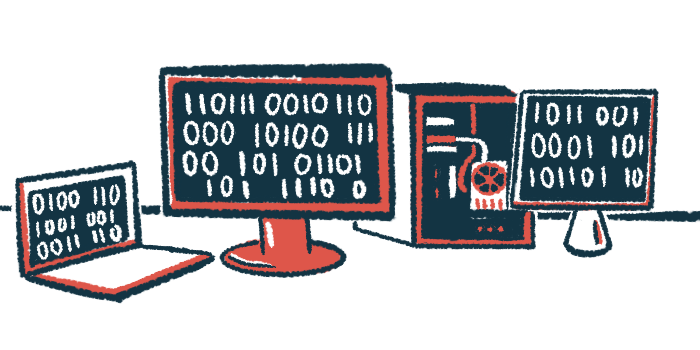New collaboration will use AI tools to find ALS treatment targets
Louisiana effort aims to use data to find breakthroughs

A new coalition aims to use artificial intelligence (AI) tools to accelerate drug discovery for amyotrophic lateral sclerosis (ALS) and other neurodegenerative disorders.
Answer ALS is teaming with partners including GATC Health — a drug discovery company focusing on machine learning and neural networks — Louisiana State University’s Pennington Biomedical Research Center, and Tulane University. The State of Louisiana is helping fund the initiative, known as the Louisiana AI Drug Development Infrastructure for ALS (LADDIA).
“This is more than a research partnership, it’s a strategic investment in the future of ALS discovery,” Clare Durrett, executive director of Answer ALS, said in a organization press release.
The project will build on the Answer ALS Neuromine Data Portal. This openly available research repository, the largest of its kind, includes biological and clinical data from more than 1,000 people with ALS.
“By aligning Louisiana’s top talent and institutions with cutting-edge AI tools and our open-access Neuromine Data Portal, we are enabling real-time collaboration that could help identify druggable pathways and translate data into breakthroughs,” Durrett said.
Leveraging Neuromine
ALS is a progressive disease in which the motor neurons that control voluntary movements become dysfunctional and die. While several approved treatments can help manage the condition, there isn’t yet a cure.
Researchers involved in LADDIA hope to identify new treatment targets using AI tools and leveraging Neuromine.
“This important collaboration highlights the power of AI to transform healthcare,” said Aron Culotta, PhD, a Tulane computer science professor. “Combining Tulane’s expertise in AI and biomedical research with partners across the state, we aim to accelerate AI-driven solutions for ALS and other health challenges.”
In the first phase of the initiative, the institutions aim to create a collaborative foundation and begin to build the infrastructure for the planned AI programs. Phase 2 will advance projects and optimize AI models.
“We believe this alliance of research data, academia and advanced AI is the new model for rapid discovery of novel therapeutics to treat diseases currently lacking effective treatment,” said GATC President Rahul Gupta, MD. “The biomarkers identified through this collaboration will be shared with the research community, while also enabling GATC to pursue therapeutic development based on these discoveries.”
Jeffrey Keller, PhD, director of the Pennington center and Neuromine’s principal investigator, agreed. “With the gradual adoption of artificial intelligence in applications around the globe, to apply this incredible technology toward the pursuit of treatments for ALS and other neurodegenerative diseases is perhaps the most noble and worthwhile implementation of it,” Keller said.






